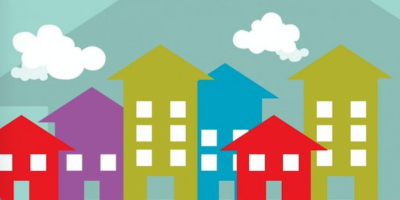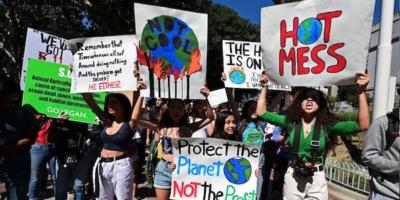-
Sort By
-
Newest
-
Newest
-
Oldest
Low interest rates justify high equity PE’s, and that is particularly so for long duration, high growth equities. So goes the story. It’s worked in recent years and therefore the evidence is there to support the pattern. A simpler argument is that low rates push investors into asset classes that can provide relatively higher returns,…
Following the March equity market correction due to the COVID-19 pandemic, global equity markets rebounded sharply in April, with the small cap sector outperforming. Although the short-term outlook remains uncertain, the market recovery was spurred on by several factors. Many companies were deeply oversold, with valuations having fallen significantly. Governments and central banks have responded…
Stock markets have crashed, we can be confident of that. History suggests there is no quick recovery from crashes like these, which means lasting consequences for investors.
Regardless of where they live, investors have a significant opportunity to diversify their equity portfolio outside of their home market.
Asked to conduct an independent review of Australia’s retirement income system, the panel appointed by treasurer Josh Frydenberg reported on Friday that it was all tied up with the family home.
The US Federal Reserve’s latest 25 basis points rate reduction in mid-September is seen by many market observers as another signal that world markets are in, or are fast approaching, a late cycle.
Compared with the rest of the world, income inequality is not particularly high in Australia, nor is it getting much worse. The real problem is housing inequality.
Capitalism’s days may be numbered – at least judging by recent polls. A majority of millennials reject the economic system, while 55 per cent of women aged 18 to 54 say they prefer socialism. More Democrats now have a positive view of socialism than capitalism.
Investing in emerging markets is a bit like making a soufflé: it’s a courageous undertaking fraught with the risk of things not working out as hoped. EM economies may be buffeted by political strife, currency crises, and other upheavals, leaving investors a bit deflated.
Global consumer and business confidence have diverged, a trend that started in 2018. It is otherwise pretty rare, only occurring two other times over the last 30-plus years.
The global Purchasing Managers’ Index (PMI) has been in decline since 2017. Combined with the heightened risk of a prolonged US-China trade war; this has caused global interest rates to decline and for the US Federal Reserve to halt any further tightening of monetary policy.
More than in many countries, in Australia home ownership has traditionally been seen as a journey, with most of us aspiring to own a home and pay down a mortgage by the time we retire.













